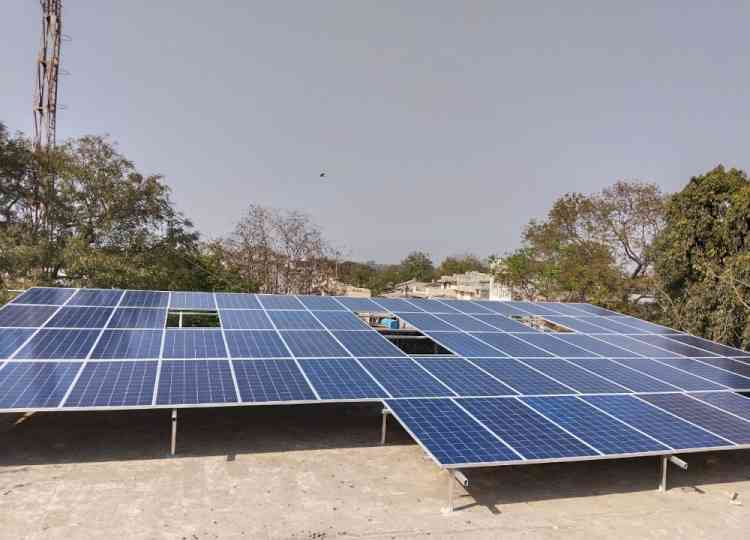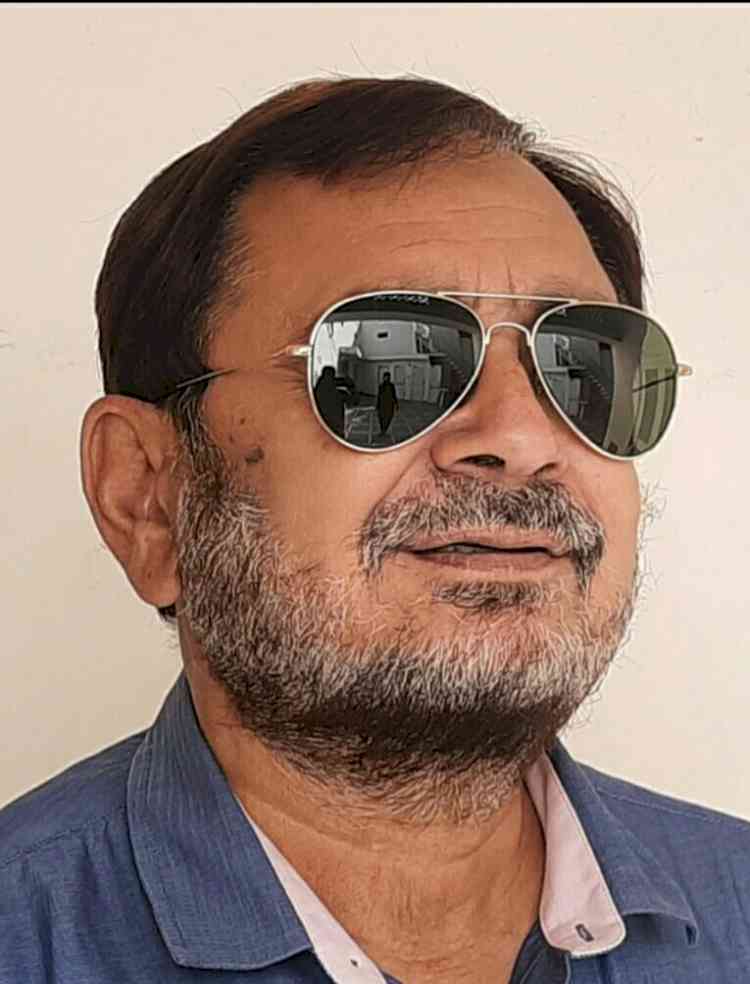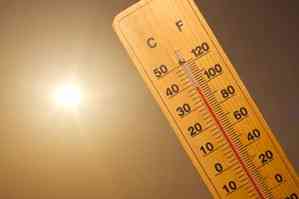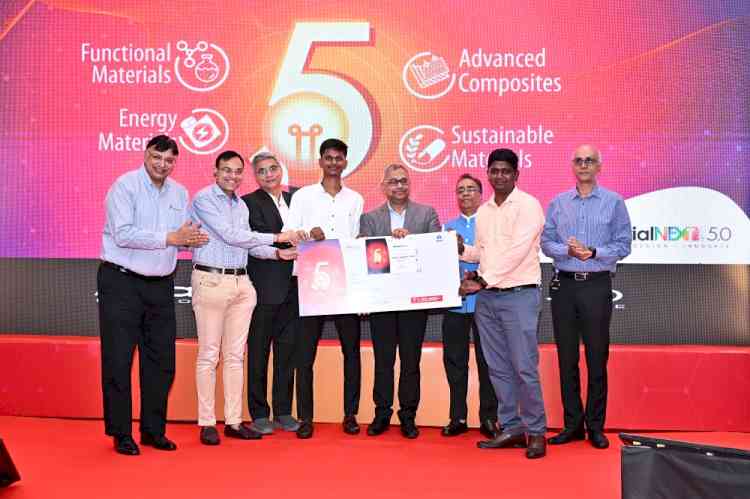Shrinking land holdings and drilling of water supply are the two main agri-problems of the Punjab state: Dr Kalkat
Author(s): City Air NewsLudhiana: During one-day dialogue meet on Thursday at Punjab Agricultural University (PAU), water experts from different parts of the state discussed the “Water Resources in Punjab - Availability and Management.”...

Ludhiana: During one-day dialogue meet on Thursday at Punjab Agricultural University (PAU), water experts from different parts of the state discussed the “Water Resources in Punjab - Availability and Management.” The meet was chaired by Dr G.S.Kalkat, Chairman, Punjab State Farmers’ Commission, and former Vice-Chancellor, PAU. Dr B.S.Sidhu, Agriculture Commissioner, Punjab also graced the occasion.
Dr Kalkat said, “Shrinking land holdings and drilling of water supply are the two main agri-problems of the Punjab state.” Going back to 1960s, he said earlier the focus was on being self-reliant. “The assured minimum support price (MSP) for paddy-wheat increased the area under both the crops, led to enhanced production and made the country food surplus,” he added. But the paddy-wheat crop cycle has also resulted in excessive withdrawal of water, he observed. To augment the income of the farmers, Dr Kalkat emphasized on diversifying the cropping pattern by providing good marketing facilities for vegetables and pulses. Dr Kalkat lauded the Punjab Government and PAU for making vigorous efforts to come out of water crisis. On the occasion, Dr Kalkat also initiated the panel discussion among the water experts.
During the meet, Dr Baldev Singh Dhillon, Vice-Chancellor, PAU spoke on “Irrigation Water Saving Technologies- Have these Really Checked Groundwater Depletion?” He said the use of short duration varieties, timely transplanting of rice and adoption of technologies such as laser land leveler, direct seeding of rice and drip irrigation have shown excellent results and been well-adopted by the farmers. He further observed, “Though agriculture has attained a high stage of productivity, yet innovations are still steering in ahead but at slow pace.” Dr Dhillon stressed the need to frame policies to promote water conservation and consolidate water resources. “It is our duty to safeguard the interest of future generations,” he added.
A water expert, Mr M.R. Goyal said that there is a need to come up with diverse water management strategies. He said that rather than spending thousands of crores on drainage systems, it is better to give cash incentives to the farmers. He also emphasized on encouraging the use of saline water.
Dr G.S. Hira, former Additional Director of Research, PAU said, “Monsoons are blessing for rural areas.” Dwelling on energy/irrigation water saving technologies, he disclosed, “In Faridkot and Muktsar, tubewells account for 14 and 11 per cent irrigated area whereas canals account for 86 and 89 per cent irrigated area.” He also shed light on water logging in Muktsar and Fazilka districts, recommendations made in 2009, and temporal and spatial variations in groundwater resources of Punjab.
Another water expert, Mr P.S. Kumedan traced the history of water resources right from pre-independence era to till date. He dwelt on Punjab’s constitutional rights over Ravi-Beas-Satluj rivers.
Er. K.S. Takshi, Chief Engineer (Water Resources), Punjab Irrigation, pointed out that tremendous increase in production of food grains, continuous following of paddy-wheat cropping pattern, gradual reduction in annual rainfall, and decrease in snow cover and glacier are the major reasons for groundwater depletion. Presenting the water resources scenario, he said, “Demand for water is increasing from all sectors, natural recharge is decreasing, quality of ground water is poor and availability of fresh water has decreased due to pollution and contamination.” He suggested management strategies like aquifer mapping and restoration of village ponds. Besides, he underlined the need to reduce area under paddy and promote crop diversification to reduce stress on groundwater. He also stressed on enactment of groundwater legislation for restricting its (groundwater) use.
Earlier, Dr R.S. Sidhu, Director of Extension Education, welcomed the dignitaries, guest speakers and faculty of PAU. He hoped that this dialogue meet will be useful in realizing the water issues and forming fruitful management strategies, leading to sustainable farm production.
Dr R.K. Gumber, Director of Research, proposed the vote of thanks.
Dr S.S. Kukal, Additional Director of Research (Natural Resources and Plant Health Management), conducted the programme.

 cityairnews
cityairnews 
















